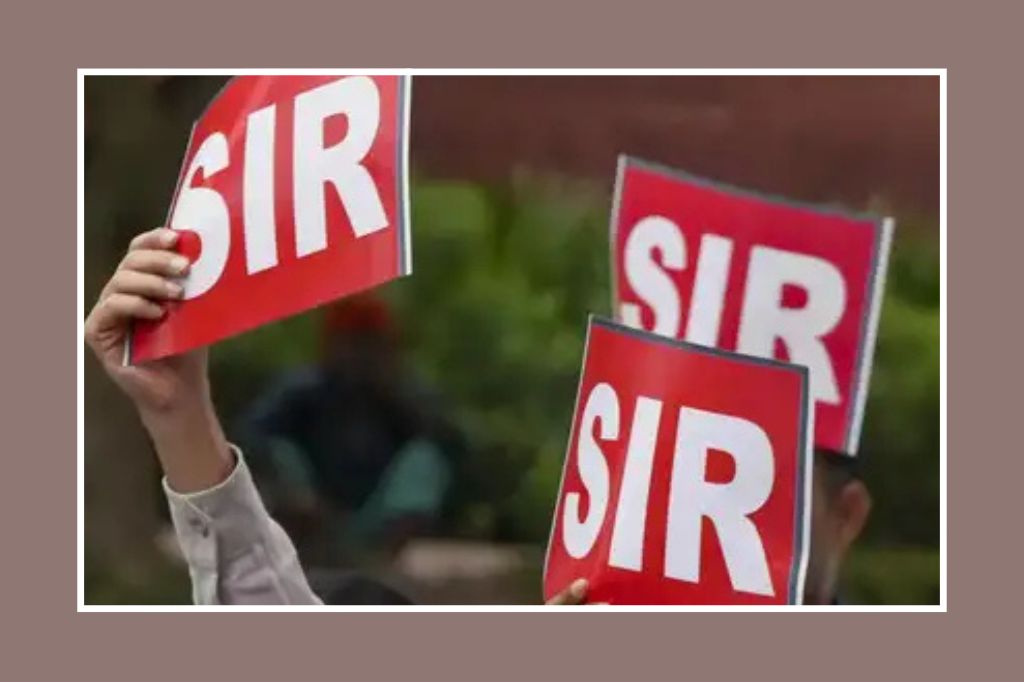The Election Commission has launched the second phase of the Special Intensive Revision (SIR) of electoral rolls, a large-scale voters’ list clean-up drive, across nine states and three Union territories from Tuesday. This phase covers nearly 51 crore voters in Tamil Nadu, Kerala, West Bengal, Uttar Pradesh, Madhya Pradesh, Rajasthan, Chhattisgarh, Goa, Gujarat, Puducherry, Andaman and Nicobar Islands, and Lakshadweep. The revision process will continue until December 4, with draft rolls scheduled for release on December 9. Citizens will be able to submit claims and objections between December 9 and January 8, 2026. The final electoral rolls are expected to be published on February 7, 2026.
However, the exercise has sparked political controversy in several states, particularly Tamil Nadu and West Bengal, both of which face state elections in 2026. Ruling parties—the DMK in Tamil Nadu and Trinamool Congress in West Bengal—have accused the Election Commission of acting under pressure from the BJP to influence electoral rolls and potentially disenfranchise minorities and marginalised voters. In Bengal, Chief Minister Mamata Banerjee is leading a rally in Kolkata to protest the “politically motivated revision,” while the DMK has approached the Supreme Court, arguing that the SIR lacks statutory backing under the Registration of Electors Rules. The petition is expected to be heard on November 6 or 7.
The Election Commission maintains that SIR is aimed at ensuring greater accuracy and transparency in the electoral rolls, noting that this is the ninth such drive since independence and the first major revision since 2002–04. The BJP has welcomed the initiative as a measure to prevent bogus voters, while opposition parties point to Bihar—where over 68 lakh names were deleted in a similar exercise—as a worrying precedent. The rollout of SIR 2.0 also comes just two days before the first phase of assembly elections in Bihar, adding to the political tensions surrounding the timing of the move.







